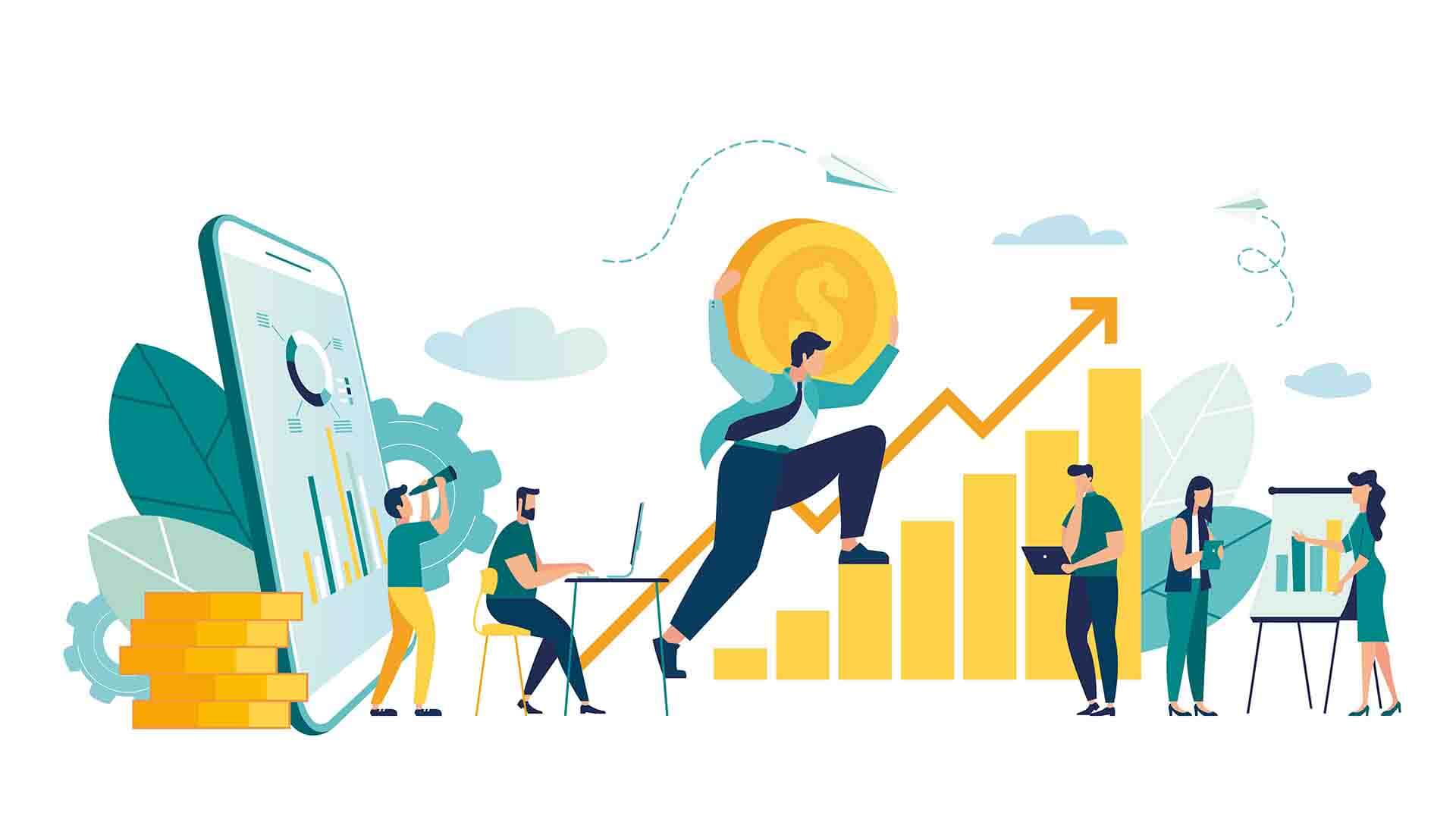Insights
How This Pandemic Can Be the Best Opportunity for Your Business
On Digitals
23/08/2021
18
How This Pandemic Can Be the Best Opportunity for Your Business
Rarely does a crisis wipe out all types of businesses. Some will still flourish because its nature matches the new environment or the management is capable of adapting their business.
So which business types are best at surviving and thriving during this pandemic?
This article will give you an idea of how online-based, SME and big companies are playing their trump card to do good business during the pandemic.
Online Companies: The Best for Doing Business in This Pandemic
Do you know that eCommerce “has grown two to five times faster than before the pandemic”, according to McKinsey?
Online-based is the best business type during a pandemic, as long as this online presence was established well before that time. There are 3 main reasons:
Increased or Maintained Customer Base
Basically, if your business had a stable source of online customers, it’s likely to be unchanged during the pandemic.
Of course there are exceptions. For example, one of the pandemic preventive measures in Vietnam is putting limits on delivery services. Only “necessities” (food and beverage, hygiene products, etc.) can be delivered and only to places outside lockdown areas.
So there’s not much you can do when your warehouse or delivery center is located within a lockdown area, or when your products are not considered essential during this time.
On the bright side, more local customers will get to you as this choice is now more convenient. And there’s no fear of reduced communication because you are already well-versed in keeping the connection with your customers digitally.
best business this pandemic
Mostly Undisrupted Operations
An online-based business rarely depends on physical stores, offices or machinery to operate. That’s why they can adapt quickly during social distancing.
Even in the worst scenario in which they can’t sell their goods due to lockdown rules, an online business can still save more than an offline company during a pandemic.
But in virtually every situation, an online business will be able to draw on their pre-established strength – eCommerce and digital marketing.
In case your business was moving online when the outbreak happened (and you only have a not-yet-optimized website or ideas about a mobile application for example), consider going right away to an expert digital marketing agency. Why? Because it’s unwise to wait for your employees to upskill or a new digital marketing expert team to onboard during a pandemic.
Little to No “Downtime” To Prepare for Post Pandemic
Though it depends on specific situations, in general, an online business takes less time to resume to normal operation after the crisis eases. They can also expand to other offline business and marketing channels once they see fit. But as long as their core operations are online, they can be considered wholly or partly “pandemic-proof”.
However, just as any other businesses, online companies can’t escape the disrupted supply chain, described in the guide of doing business during the pandemic. But this is a universal problem, and having a strong online presence is already an enviable advantage.
small business during pandemic
SMEs: The Best for Doing Business with Agility in This Pandemic
The pandemic has caused disruptions in almost all business operations, and the winners are the most agile.
An SME enjoys this benefit thanks to its small to medium scale, making it easier to scale up or down to adapt to the current situation. For example, they can hire gig workers instead of full-time employees during a social distancing period to save costs.If you implement too many changes too quickly, it may create a feeling of loss in your employees and untrustworthy in your customers. So before any change, be sure you know where you’re headed and check relevant statistics, such as trends of online marketing in pandemic.
Changes ask for resources, which not all SMEs have at their disposal.
If you are an offline-based SME, your advantage of agility is mostly lost during the pandemic.
Many SMEs want to grow into giants, and this crisis is a quick test to see if your business has what it takes. If you have set this goal, prepare from now to grow to a much stronger business after the pandemic.
online business during pandemic
Giants: How to Best Utilize Your Business Advantage in This Pandemic
An undisputed strength of big companies lies in their resourcefulness. It could be about finance, reputation, personnel, connection, or all. And that gives them the power to do things that normal SMEs can’t. 
Long-standing Trust
Giants usually have a long history, a diverse portfolio and high influence in one or several countries. Therefore their customers are less likely to switch to another brand, especially if they provide health products or specific services that require ongoing support such as finance, technology or insurance.
During a crisis, long-standing trust from both employees and customers grant big companies a great capital.
Ability to Contribute More
In a crisis, customers highly regard “good businesses”, which are companies that send out positive messages, conduct or sponsor pro-social activities, etc. Without a proper budget, good planning and experience, it’s hard to make a real impact on both the community and your reputation at the same time.
Nevertheless, the fact remains that company resources are not limitless. If the crisis persists for more than 6 months, this advantage will start losing its shine.
Don’t forget that giants usually have a lot of entry-level employees such as factory workers or couriers, and it’s next to impossible to ask them to work from home. It’s the dilemma of balancing between company reputation or humanity and financial health.
sme during pandemic
Conclusion
Pandemic-induced social distancing is causing great trouble for industries that require direct human contact, yet bringing rare opportunities to online-based businesses. But it doesn’t mean doom for the rest.
Think of this pandemic as the best chance for your business to embrace the digital transformation. It’s not only to adapt to this event, but also to create a momentum to sprint forward once the chaos subsides.
Don’t hesitate to invest in your digital marketing and eCommerce efforts during this time as they will pay off handsomely. Whether you have yet to join these fields or you have built your foundation and need to enhance it, On Digitals is honored to be at your side.
Read more
